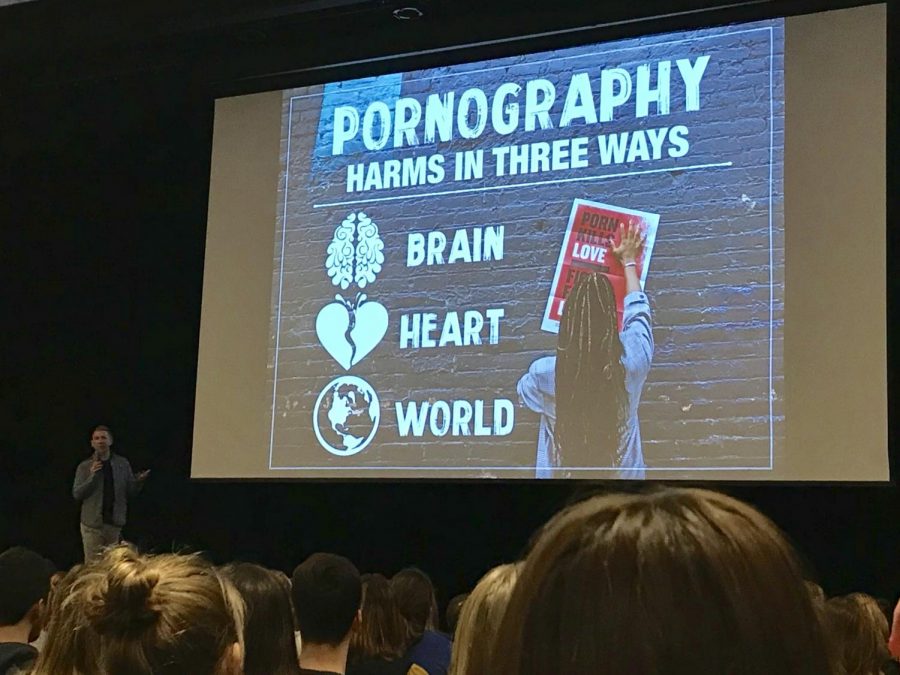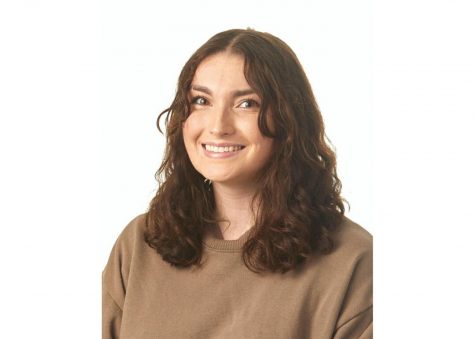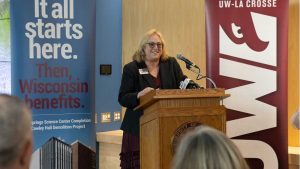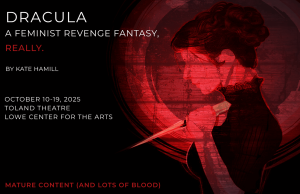Fight the New Drug brings more controversy to UWL
February 11, 2019
Controversy struck the campus of the University of Wisconsin–La Crosse after pornography star Nina Hartley had spoken as a guest on campus in November. She was invited by UWL Chancellor Joe Gow to speak for Free Speech Week. According to the Milwaukee Journal Sentinel, Gow wanted to “stimulate discussion about an uncomfortable topic and illustrate why free speech is a good thing on a college campus” with the Hartley visit.
Many students, parents and community members were outraged after Hartley was invited and paid to speak at UWL, and at the request of many, Gow sent a campus-wide message claiming he would invite a speaker from the anti-pornography organization Fight the New Drug (FTND). “I hope those who attend the presentation…will listen critically, ask good questions and make up their own minds. That is why promoting free speech on the UWL campus is so essential,” said Gow.
“FTND is a non-religious and non-legislative organization that exists to provide individuals the opportunity to make an informed decision regarding pornography by raising awareness on its harmful effects using only science, facts and personal accounts,” according to the FTND website.
“Pornography is more accessible, affordable, available and anonymous than ever before due to the ubiquity of the smart phone. Because of this, this generation is dealing with this issue to an intensity and scale that no other generation has before. Our presentations aim to educate individuals on the harms of porn, so that they can make informed decisions regarding pornography,” said FTND Executive Director Natale McAneney.
Many were looking forward to the event coming to the UWL campus. “This event is a really important conversation to have and to promote the message around campus. Pornography is a real issue for college students, and having the opportunity to have conversations is important,” said Cru full-time staff member Kirsten Bucher.
UWL’s chapter of Cru, an organization formerly known as Campus Crusade for Christ, hosted FTND on Thursday, Feb. 7, with Parker Hymas, the communications manager for FTND, as the speaker. During the event, Hymas spoke on the effects of pornography through a lecture-style presentation.
Throughout the presentation, Hymas showed many scientific and factual studies. Many videos were included throughout the presentation displaying people’s story with pornography addiction.
One of the scientific studies cited was conducted by Dr. Valerie Voon from Cambridge University. Voon found that “Pornography triggers brain activity in people with compulsive sexual behavior (CSB)—known commonly as sex addiction—similar to that triggered by drugs in the brains of drug addicts.”
It was not noted during the presentation though that the authors did caution that this does not mean that pornography itself is addictive, but that it highlights regions of the brain similar to those with drug addictions.
In an even more recent study, it was said that, “CSB is relatively common and associated with significant personal and social dysfunction. The underlying neurobiology is still poorly understood.”
Many felt that FTND is not doing enough to help victims of sex trafficking, instead that the organization simply uses it as another example to fuel their fight against pornography.
“I felt that the rhetoric presented surrounding pornographies societal effects like violence against women or human trafficking neglected to address the overarching causes like gender inequality and hyper masculinity—just focusing on porn causing these as the only source,” said UWL student Sophia Jaume. “I felt that the ‘peer reviewed’ scientific research lacked significant backing. These faults were covered up through the use of racially tokenizing marketing. Obviously, I’m viewing this through a highly critical lens, but with their claims, it seems important to do so.”
Many others enjoyed the presentation, wanting to do more to help the cause. “I agree with their message because they included meta studies and lots of research with emotionally charged media content,” said UWL Cru member Erika Lichtfuss.







